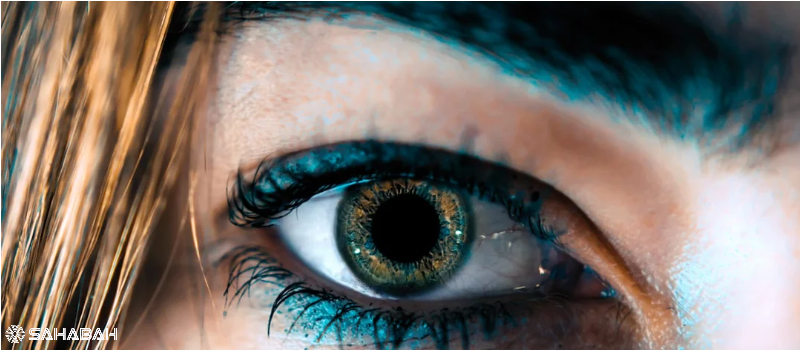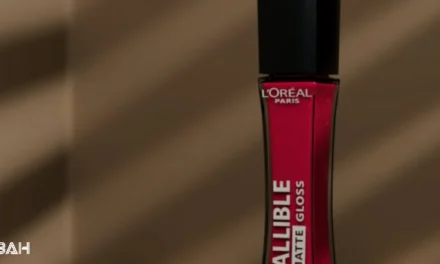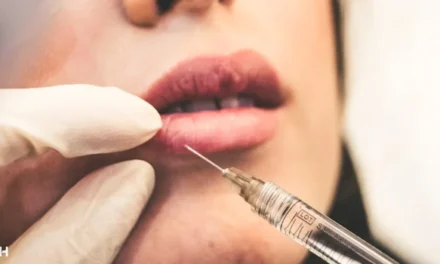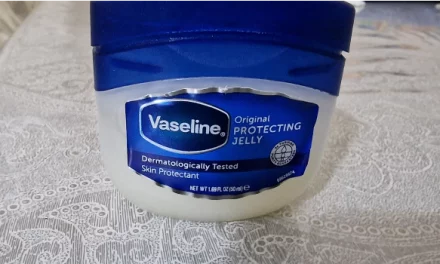In recent years, microblading has gained immense popularity as a semi-permanent eyebrow makeup technique. However, for Muslim women, the question of whether microblading is halal (permissible) or haram (prohibited) in Islam has sparked a heated debate. This article aims to provide a thorough analysis of different scholarly opinions and perspectives on this contentious issue.
Understanding Microblading: Procedure, Ingredients, and Techniques
Microblading, also known as eyebrow embroidery or micro-stroking, is a cosmetic procedure that involves using a specialized hand-held tool to create hairlike strokes on the eyebrows. The process involves depositing pigment into the skin’s uppermost layer, resulting in a natural-looking, semi-permanent eyebrow enhancement.
The ingredients used in microblading pigments vary, but they typically contain the following:
- Iron oxides (for coloring)
- Glycerin (for moisture)
- Distilled water
- Preservatives
While the ingredients themselves may not raise significant concerns, some scholars have raised questions about the overall procedure and its implications from an Islamic perspective.
Islamic Perspectives on Microblading: Scholarly Opinions
The debate surrounding the permissibility of microblading in Islam revolves around different interpretations of Islamic principles, traditions, and teachings. Respected scholars and Islamic authorities have expressed varying opinions on the matter.
Opinions Considering Microblading Halal
Some scholars argue that microblading is permissible (halal) in Islam, provided that certain conditions are met. These conditions may include:
- Intention: The purpose of microblading should be for beautification and not for displaying arrogance or attracting unwanted attention.
- Moderation: The procedure should not involve excessive alteration of one’s natural appearance or cause harm to the body.
- Temporary Nature: Microblading is considered semi-permanent, and the effects gradually fade over time, unlike permanent tattoos.
These scholars cite the hadith (prophetic traditions) that encourage beautification and grooming within the bounds of moderation and Islamic principles. They argue that microblading does not violate the prohibition against permanent tattoos, as it is a temporary enhancement.
“Verily, Allah is Beautiful and loves beauty.” (Muslim)
Opinions Considering Microblading Haram (Impermissible)
On the other hand, some scholars consider microblading to be haram (impermissible) in Islam. Their arguments are based on the following considerations:
- Alteration of Allah’s Creation: They believe that microblading involves artificially altering one’s physical appearance, which is seen as a violation of the principle of accepting Allah’s creation as it is.
- Permanent Nature: While microblading is semi-permanent, some scholars argue that it is a form of permanent alteration, as the pigment remains until it fades or is removed.
- Prohibition of Tattoos: They interpret the hadith prohibiting tattoos as encompassing all forms of skin inscriptions, including microblading.
“The Prophet Muhammed (peace and blessings be upon him) cursed the one who does tattoos and the one who has a tattoo done.” (Al-Bukhari)
These scholars emphasize the importance of maintaining the natural state of one’s appearance and avoiding any form of alteration or inscription on the body.
Cultural and Personal Perspectives on Microblading
Beyond the religious perspectives, it’s important to consider the cultural and personal aspects of microblading. In some cultures, well-groomed eyebrows are considered a symbol of beauty and femininity, while in others, they may hold different connotations.
Many Muslim women have shared their personal experiences and motivations for undergoing microblading. Some see it as a confidence-boosting procedure that helps them feel more comfortable and presentable, while others view it as a form of self-care and beauty enhancement within the bounds of Islamic principles.
However, it’s crucial to acknowledge that individual beliefs, circumstances, and interpretations may vary, and each person should make an informed decision based on their understanding of Islamic teachings and personal convictions.
Alternatives to Microblading for Muslim Women
For those who choose to abstain from microblading due to religious or personal reasons, there are several halal and temporary alternatives available:
- Eyebrow Pencils and Powders: These makeup products can be used to fill in and shape eyebrows for a natural-looking enhancement.
- Eyebrow Gels and Mascaras: These products can help define and tame eyebrow hairs while adding a subtle tint.
-
Henna: Henna is a natural plant-based dye that can be used for temporary eyebrow tinting and shaping.
-
Eyebrow Threading: This ancient hair removal technique can help shape and define eyebrows without the need for any cosmetic enhancements.
It’s important to note that while these alternatives may be considered halal by some scholars, others may still advise against any form of artificial enhancement or alteration of one’s appearance.
Conclusion
The question of whether microblading is halal or haram in Islam is a complex and multifaceted issue, with respected scholars and Islamic authorities expressing varying opinions. While some consider it permissible under certain conditions, others deem it impermissible due to its perceived alteration of Allah’s creation or its association with permanent tattoos.
Ultimately, each Muslim woman must thoroughly research and consult trusted Islamic scholars to make an informed decision based on her individual beliefs, circumstances, and understanding of Islamic teachings. It is essential to approach this topic with an open mind, respect differing perspectives, and prioritize one’s personal relationship with Allah and the teachings of the Quran and Sunnah.
As Muslims, we are called to strive for beautiful character, modesty, and humility, while also appreciating the beauty of Allah’s creation. Whether one chooses to undergo microblading or opts for alternative methods, the intention and sincerity behind one’s actions are paramount.
What are your thoughts on this topic? How do you reconcile personal preferences with Islamic principles when it comes to beauty and self-presentation? Share your perspectives in the comments below.
Frequently Asked Questions: Is Microblading Halal?
Islamic rulings on microblading vary, with some considering it haram (forbidden) due to its similarities to tattooing, while others permit it for the purpose of beautification.
Is microblading like tattooing?
Microblading is a type of tattooing, specifically for the eyebrows. However, the Islamic perspective on whether it is haram or halal differs among scholars.
Can a person who has undergone microblading offer prayer?
Islamic scholars have differing opinions on whether individuals who have had microblading are permitted to pray. It is recommended to consult with a knowledgeable scholar for guidance.
What is the Islamic stance on permanent makeup such as microblading?
The use of permanent makeup, including microblading, is a debated topic in Islamic studies. Some consider it permissible for cosmetic purposes, while others view it as haram.
Is it sinful to pluck eyebrows or undergo microblading in Islam?
Plucking eyebrows and certain cosmetic procedures like microblading are considered haram actions by some Islamic scholars, while others may permit it under certain circumstances.





